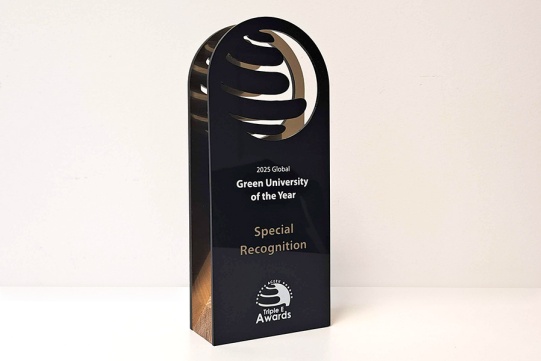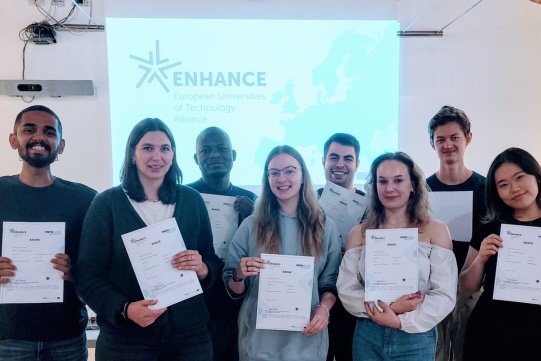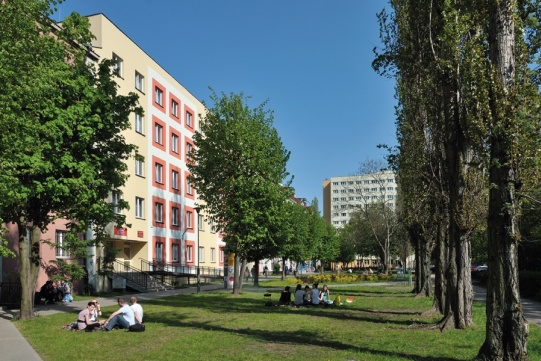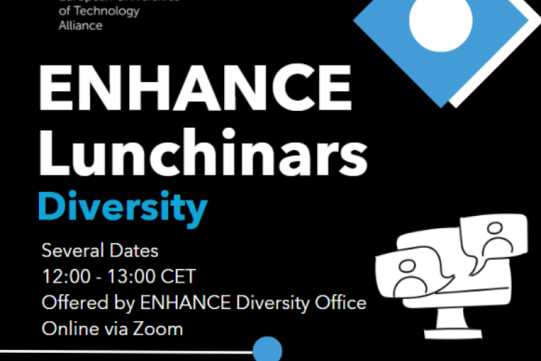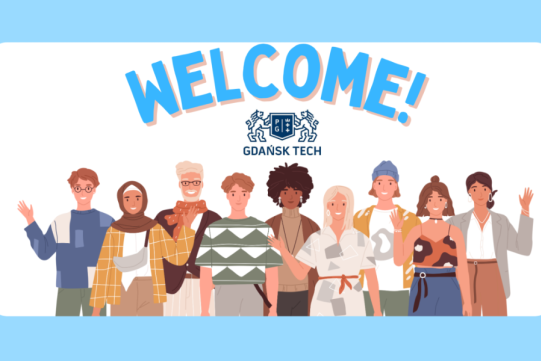Sign up for Science Speed Dating (October 28, 2025)
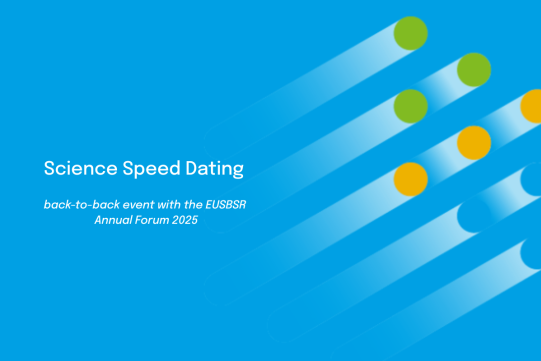
The meeting format is based on a series of three-minute conversations between participants, aimed at establishing new contacts and exchanging experiences. It is a space to initiate inter-institutional collaboration or to develop ongoing project work.


